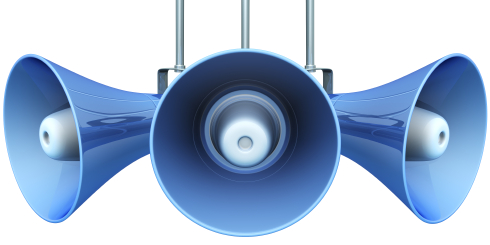Publicity is the art of telling the world about you and your book. We recently received a few questions about publicity.
1. When should a writer hire a publicist?
I think an author should wait to see what their publisher will provide in this area. If you do hire a publicist, make sure they coordinate with your publisher so as to not duplicate efforts. (Don’t aggravate your local TV station with multiple PR contacts.)
But the question was “when” not “should.” So let me reanswer.
If you are on your own with regard to your PR, you should hire a firm six to nine months prior to the release date of your book. The PR firm will be handicapped if you wait too long. They need lead time especially in the area of getting reviews for your book. Few review outlets are interested in a book after it has already been released.
The booking for radio, TV, and podcasts usually happens about a month before the actual interview.
Seth Godin says that book marketing needs to start three years before publication date! (Read the linked article to see what he means by that.)
2. What can a writer expect from a publicist?
A good publicist is all about communication, both to you and to your publisher and the media.
A good publicist will respect your schedule and try not to book an interview at 6 a.m EST (when you live on the West coast).
A good publicist will know how to convert time zones. (I don’t know how many times an author has complained about this issue when making booking mistakes.)
A good publicist will be a champion for your book and help you figure out the best media-friendly talking points.
3. What is the best type of book to promote on the radio or television?
Nonfiction topics lend themselves best. This is critical for the novelist to understand. If a novelist is to be attractive to media, they must find a nonfiction issue or topic on which they can comment as it relates to their novel.
At the same time, even a nonfiction author needs to be careful that their book is front and center in the talking points for the interview. Those talking points are critical. Sometimes your interview will be only a couple minutes. If you blather about the weather, you’ve lost your opportunity.
Hopefully, you have a website that is easily remembered after hearing the interview or a book title that does the same. For example, if I were on the air I would have to be careful since my last name is pronounced “lobby” but spelled “laube.” Which is why I own the domain name “stevelobby.com,” so if someone types in my last name phonetically they still get to the right spot.
4. How important is PR in relation to book sales?
This is a tough question to answer definitively. If the only radio interview you do is aired at 2 a.m. in Eastern Wyoming, it is unlikely to affect sales. But there is always benefit of getting the word out about your book. One principle of all marketing is making multiple impressions. If someone hears about your book on a podcast, then sees a review on a blog, and then sees it again online, they are more likely to be curious. PR is one piece of the whole.
But it is not the whole. Many authors get frustrated with a lack of booking by a publicist, whether it is the one they hired or the one from their publishing company. Remember, they can only ask for the interview. If your book or pitch isn’t of interest, you won’t be asked to be a guest. If it is the wrong time of year, you can get sideswiped.
I know of an author who flew at their own expense to a city to be on a live, local morning show. That morning Michael Jackson’s death was all anyone wanted to talk about. The author was also bumped later in the show due to news of a pileup on the local freeway. The interview was “lost” in the noise of the day.
Another could not get a single interview for their new book because the release was the day of the U.S. Presidential Election.
Therefore, show some grace with your publicist. Set your expectations appropriately.
Are there any other questions you might have?



